The MacBride Commission’s 1980 report to UNESCO, which formulated the basis for the New World Information and Communication Order (NWICO), and eventually for the WSIS, concentrated on global issues of media and communication. Among the many themes investigated in the report that resonate today, the role of international governance bodies for both fostering and regulating media and communications stands at the fore. In particular, a lingering dissonance between institutions’ stated purposes and their effective practices highlights the longest-standing struggles incumbent upon global IT governance.
Continue reading
Tag Archives: lit review

Reflection – Appadurai, Pogge, Singh
The ethical position taken by academics and intellectuals with respect to the objects of their attention – research, theory, intervention – arises from a combination of environmental, institutional, and personal (i.e. political) commitments. When those commitments come into conflict, the ethical positions taken or implied by knowledge producers face the possibility of transformation. And, where globally interconnected lives at both macro- and micro-scopic levels are concerned, the conditions of possibility of change are omnipresent and intense. Arjun Appadurai (2000) summarizes the root of these conditions as a “growing disjuncture between the knowledge of globalization and the globalization of knowledge.”
Continue reading
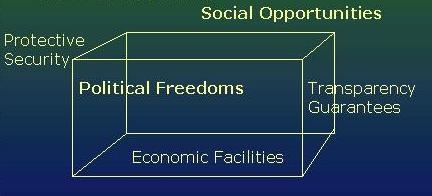
Reflection – Sen – Development as Freedom
One is struck, floating through Amartya Sen’s argument in Development as Freedom, by the sheer complexity that policymakers face when confronting entrenched conditions of poverty, inequality, and coercion. Incentives to increase productivity or efficiency in markets cannot, in themselves, abate these structural problems, because the aspects of development that bolster economic agency must simultaneously address governmental and cultural practices. Sen’s position, then, that freedom is both instrumental to development and constitutive of it, comes as a concrete and coherent rejoinder to those whose assumptions that certain cultures depend on illiberal traditions to function. Continue reading
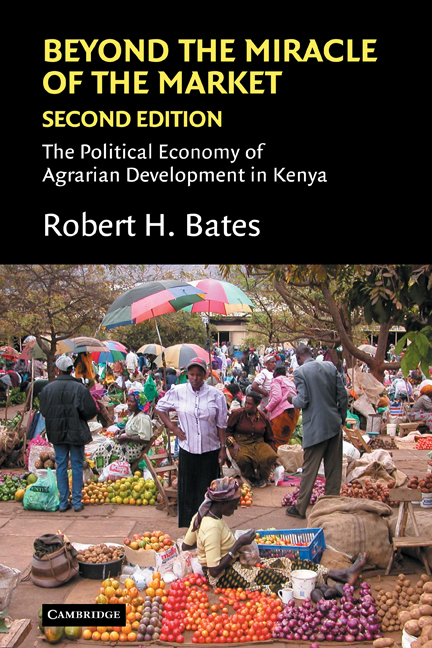
Review – Bates, Beyond the Miracle of the Market
Beyond the Miracle of the Market addresses broad questions, among which perhaps the broadest, most enduring has occupied theorists for centuries: Why do some countries succeed where others fail? To answer this in the context of late-twentieth century developing nations, Robert Bates constructs a detailed way of thinking about this central issue in economics, which troubles the very position of the State in its course. Markets, and the institutions that dominate their constituencies, take center stage here, while political and social interests form the supporting apparatus and the lenses through which to examine change in those institutions over time. In this way, Bates approaches the questions of growth, stability, and crisis in developing-nation economies without striking either condescending or dismissive tones, and without mistaking patterns for general truths. Continue reading
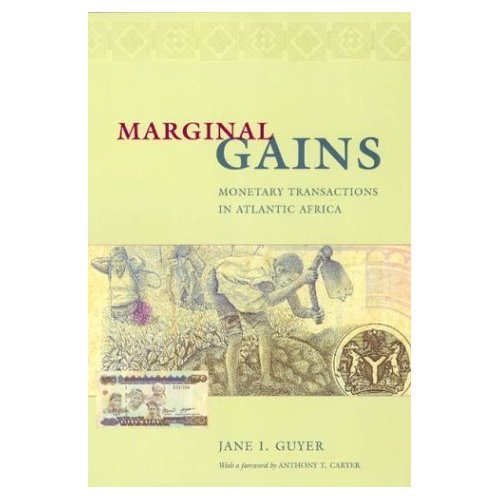
Reflection – Jane Guyer
The economic anthropology of Jane Guyer, concentrated on Africa’s western and equatorial regions, finds rich expression in this collection of the Lewis Henry Morgan lecture series delivered at the University of Rochester some fifteen years ago. Guyer’s methodological reflexivity brings her implicit and explicit critique to bear on both traditional anthropology and traditional economics, the result of which is a nuanced, multivariate logic of exchange and decision-making that brings close contextualization to the fore of questions that might otherwise veer impossibly into the abstract. Historically grounded and empirically driven, Guyer elucidates the curious interplay between formal and informal markets in Atlantic Africa, particularly the role of circulation of multiple currencies at once. Continue reading

Foucault – on Biopolitics
The aspect of power/knowledge best suited for adoption by those dissatisfied with traditional political economy, social psychology, or political theory, Foucault’s concept of biopolitics addresses the machinations of power on the historically inscribed body, as well as the diffusion of actual relations of power between such bodies. In the lecture series “Security, Territory, Population” and “The Birth of Biopolitics”, he delves into the details of the conditions of power relations in neoliberal societies. Cautious to distinguish liberal and neoliberal contexts from the commonsense notion of freedom, and to differentiate power relations from individual rights or privileges, his argument rests on the ideas developed in his edited works such as Discipline and Punish, or the end of History of Sexuality. Here, biopolitics takes on the characteristics of State apparatuses, but extends beyond them into the quotidian practices of material, discursive, and economic life.
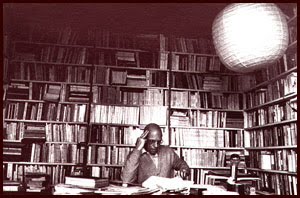
Foucault – on Governmentality
Introduced by Foucault late in his career, during the lectures at the College de France, governmentality spawns perhaps the most discussion among contemporary readings of his works. And no wonder:
Continue reading

Internet – Lit Reviews – New Media, Old Media Reader
The essays that comprise this reader forage far and wide for fodder. This review cannot encompass the entire scope of their contributions, but in the same way that the collection provides an introductory overview of many crucial topics in internet (and related media/technology) studies, we can begin with a look at some highlights from the text, and then return later for more in-depth analysis and critique of other selections. Wendy Chun’s introduction to the volume does a more complete and thorough job of this than can a blog post. If we begin with a review of her piece, then, we get a good sense of the state of internet research as far as media studies are concerned. What emerges at the limits of this research, made clear by her analysis of the variations on political-economic, visual-cultural, archaeological, systemic, and aesthetic themes taken up by the contributors, is the mobilization of an opposition between continuity and rupture, in both historical and theoretical terms. In other words, media studies – especially new media studies – is founded on the claim that it can mediate between change and continuity.
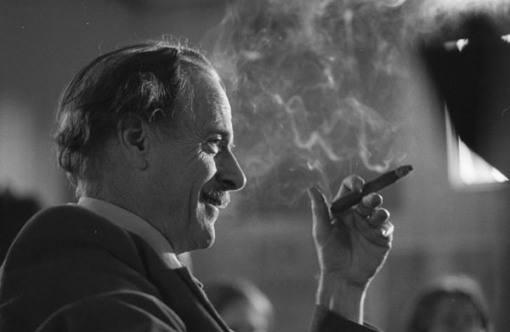
Internet – Lit Reviews – McLuhan, Manovitch
Whether one accepts straightforwardly deterministic speculation or not, whether one prefers to think the mind and the collective mind as functions of or factors in computing, we are bound by mediating forces. As the paragons of privileged speculation, Marshall McLuhan and Lev Manovich stand unchallenged as the sources for media and software theory in the United States. Their conceptual frameworks are most contentious when held against certain French thinkers’. McLuhan’s insight that all media contain as a message a prior medium finds a counterpoint in Regis deBray’s analysis of media as overlapping paradigms, rather than linear progressions. Manovich’s later contributions to software theory as a field in its own right takes as a direct target the archaeology of media as expounded by Michel Foucault, whose concentration on print and writing as valid archival data severely limits his historiographic impulses. But taking these two Anglo writers’ work on their own, we can unpack just where they stand, as well as their utility and inspiration for contemporary thought. Continue reading
thesis lit review draft 0.5
lit review – draft, includes working annotated bibliography. download as PDF